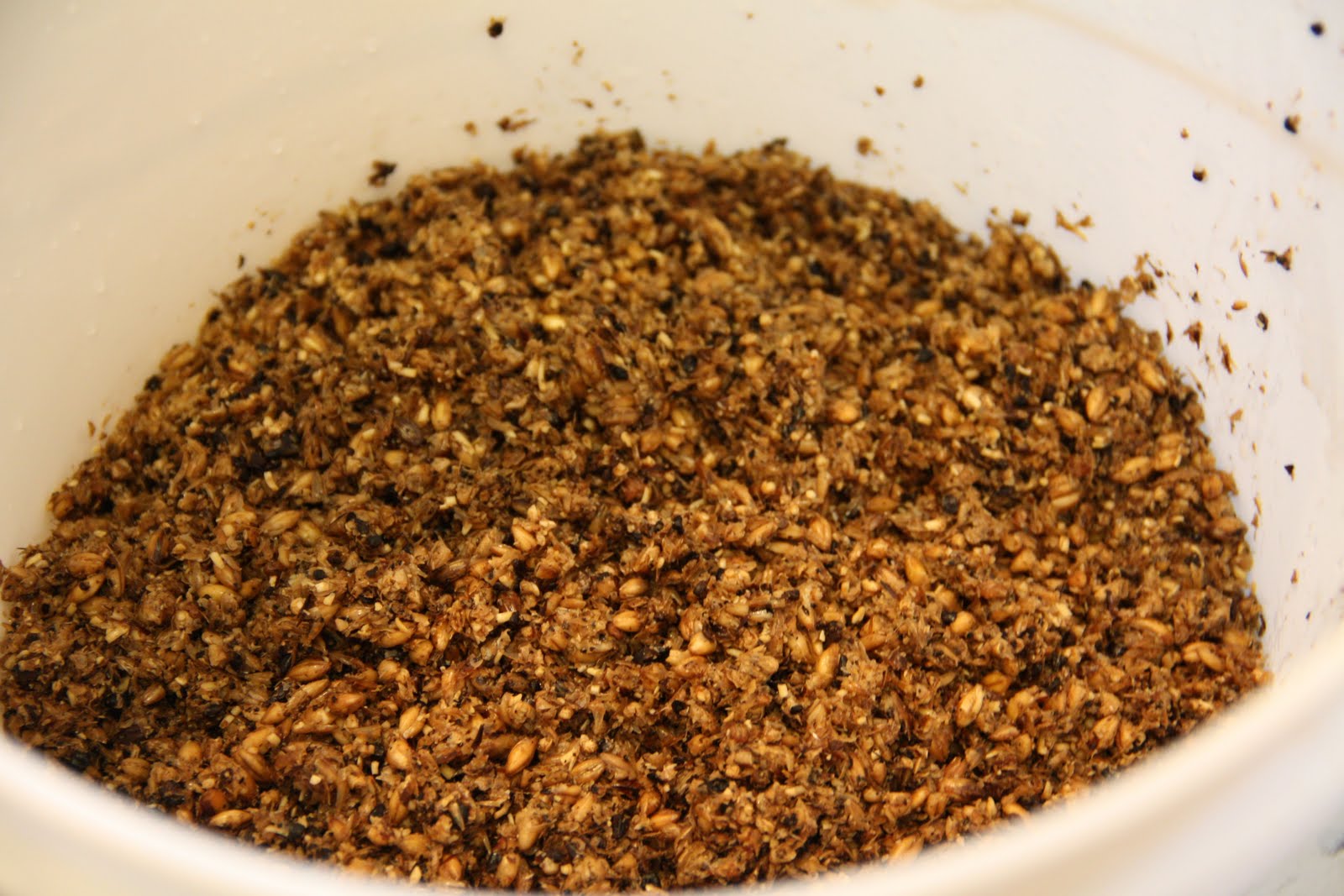This past spring, we highlighted a provision in the Food and Drug Administration’s (FDA) proposed implementation of the Food Safety and Modernization Act (FSMA) that would effectively stop brewers, distillers, and wine makers from sharing the byproducts of their production with farmers for use as animal feed. Such a practice has deep roots in the crafting of alcoholic beverages and is substantially beneficial to all parties involved. As we wrote previously:
Farmers have been procuring and feeding their livestock spent brewing grains and grapes for centuries. These livestock “happy hour” arrangements advance environmental sustainability, engender bonds among local businesses, and financially benefit both parties. Farmers get low-cost whole grain feed packed with fiber, protein, and, of particular importance to livestock in arid climates, moisture. Alcohol makers save millions by not having to landfill the by-products.
The proposal inspired quite an uproar from alcoholic beverage producers of all sizes, from nanobreweries to large distillers, as well as Members of Congress. The reaction inspired second-thinking at FDA, and we were hopeful that the agency would eventually reverse course on this proposal that protected nobody from nothing.
On September 29, FDA will formally publish in the Federal Register and seek comment on revisions to its 2013 Food for Animals proposed rule.
On pages 43-50 in the pre-publication PDF, FDA acknowledged that any hazards that might potentially arise from the production of spent grains and grape pomace could be addressed through compliance with the separate human food rules being promulgated to implement the FSMA. FDA did feel compelled to note in the Animal Food proposal, however, that once the alcohol production byproducts were “separated from the human food,” the facilities “would need to ensure that the animal food is not treated like trash or garbage.”
We must give FDA two cheers for considering the overwhelming public opposition to the spent grain provisions in the 2013 proposal and embracing a common-sense approach. Had the agency acknowledged that its original proposal was directly at odds with the explicit language of FSMA, we would have offered a third cheer.

